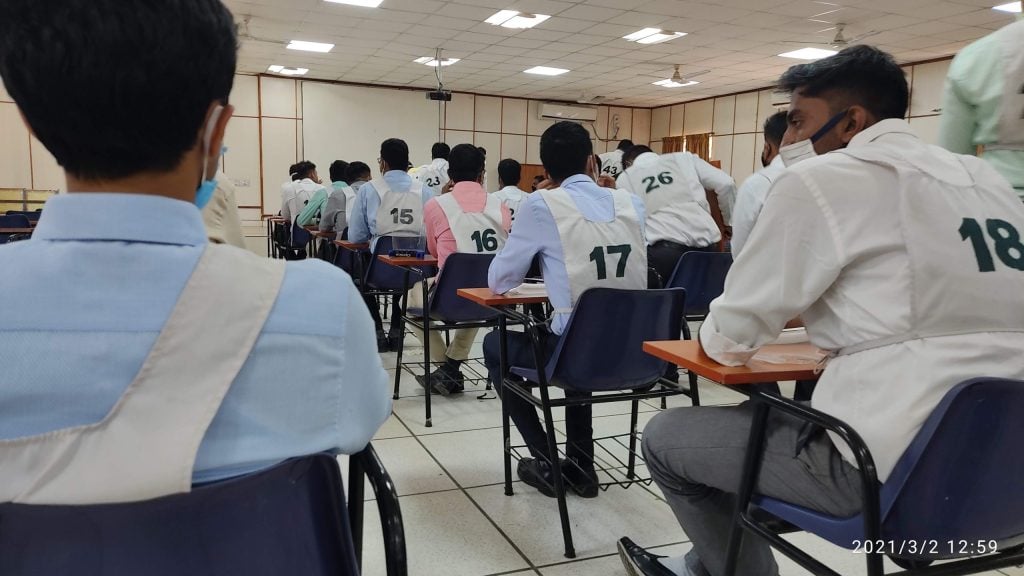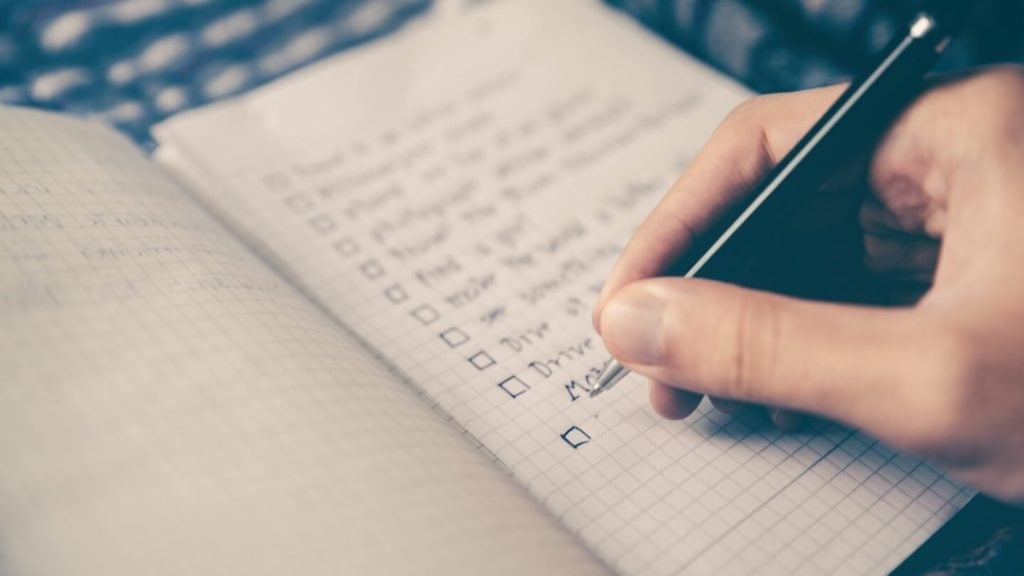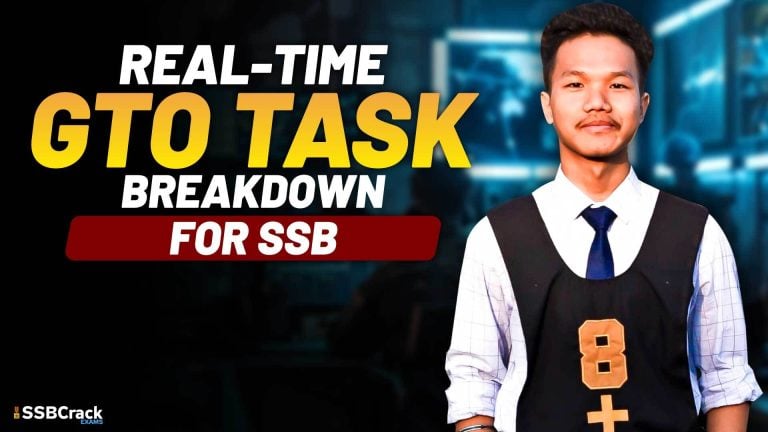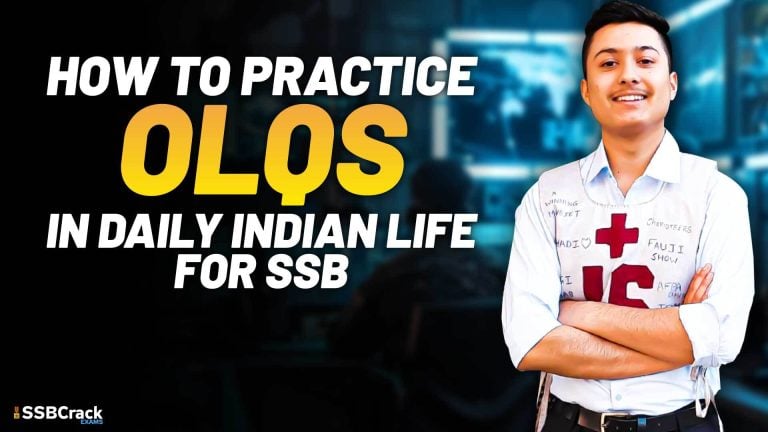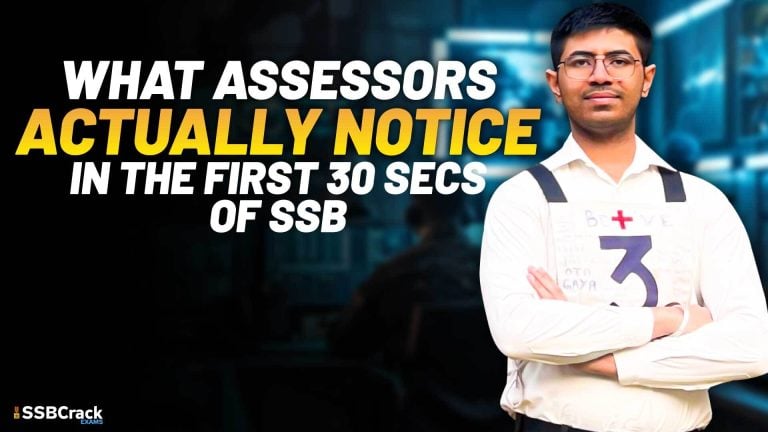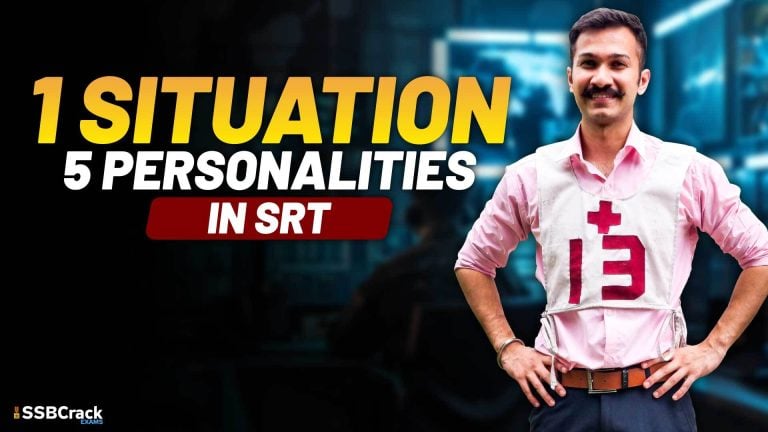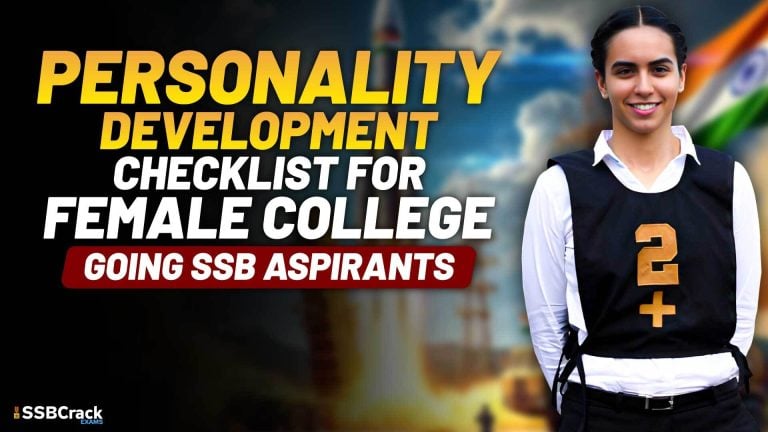Navigating the rigorous SSB (Service Selection Board) interview process can be a daunting experience for many aspiring defence candidates. One crucial component of this evaluation is the personal interview, where interviewers delve into your developmental history, achievements, socio-economic background, and overall personality.
Maintaining clarity of thought and composure during this 30-45 minute session is paramount to making a lasting positive impression. In this comprehensive guide, we will explore 11 Ways to Enhance Your Thinking for SSB Personal Interviews and perform exceptionally well in the SSB personal interview.
Also Read | 5 Key Elements You Need for Success
1. Keep it Simple and Smart
The KISS principle is a time-tested approach that applies seamlessly to the SSB personal interview. Rather than overthinking your responses, focus on keeping your thoughts simple yet impactful. Avoid the temptation to introduce complexity where it is unnecessary. Remember, the interviewers are primarily interested in understanding your core personality, values, and decision-making abilities. By adhering to the KISS principle, you can ensure that your responses are concise, coherent, and aligned with their expectations.
2. Prioritize Concise Writing
Developing the habit of writing succinctly can have a profound impact on your thought processes. Whether it’s jotting down notes or drafting responses, make a conscious effort to keep your sentences short and to the point. This exercise will train your brain to organize and articulate your ideas more effectively, a skill that will be invaluable during the personal interview.
3. Maintain a Mental List of Thoughts
The SSB personal interview can often feel like a whirlwind of questions, requiring you to draw upon a vast array of information and experiences. To stay on top of your mental game, create a structured mental list of your key thoughts and talking points. This will not only help you maintain clarity but also enable you to seamlessly transition between different aspects of your background and personality.
4. Utilize Bullet Points
Bullet points are a powerful tool for organizing and presenting information in a clear, concise manner. As you prepare for the personal interview, practice converting your thoughts and experiences into well-structured bullet points. This will not only help you remember the salient points but also allow you to communicate them effectively during the interview.
5. Embrace Incomplete Thoughts
It’s common for candidates to feel the urge to hold back or refine their thoughts during the personal interview. However, this can often lead to hesitation and a loss of focus. Instead, embrace the concept of voicing your incomplete thoughts. By sharing your thought process as it unfolds, you can demonstrate your authenticity, critical thinking skills, and willingness to engage openly with the interviewers.
Also Read | Top 9 Exercises for Women Defence Aspirants to Strengthen Upper Body
6. Prioritize Mental Organization
Start your day with a mental map of your priorities and tasks. By organizing your thoughts and activities in this manner, you’ll cultivate a sense of control and clarity that can carry over into the personal interview. This proactive approach will not only help you stay on track but also instill a sense of confidence and preparedness.
7. Simplify Your Life
Maintaining a well-organized, simplified lifestyle can have a direct impact on your ability to think clearly during the SSB personal interview. Ensure that your living space, daily routines, and overall lifestyle are streamlined and efficient. This level of organization will translate into a more focused and composed mindset during the interview.
8. Prioritize Sleep
Adequate sleep is a crucial factor in maintaining cognitive function and decision-making abilities. Ensure that you prioritize a consistent sleep schedule in the days leading up to the SSB interview. A well-rested mind will be better equipped to navigate the demands of the personal interview with clarity and composure.
9. Practice Breathing Techniques
When faced with the pressure of the personal interview, it’s common for candidates to experience heightened anxiety and stress. One effective way to regain composure is through the practice of deep breathing exercises. Take a moment to pause, take a few deep breaths, and allow your body to relax. This simple yet powerful technique can help you refocus your thoughts and respond more effectively.
10. Incorporate Meditation
Meditation has long been recognized for its ability to enhance mental clarity and focus. Dedicating just 10-15 minutes of your daily routine to meditation can have a profound impact on your ability to think more clearly during the SSB personal interview. By cultivating a calm and centered mindset, you’ll be better equipped to navigate the interview process with poise and confidence.
Also Read | How To Make a Great Impression: Gentleman Style
11. Consistent Practice
Ultimately, the key to mastering the art of clear thinking for the SSB personal interview lies in consistent practice and implementation of the strategies outlined above. Incorporate these techniques into your daily routine, and you’ll gradually witness a transformation in your thought processes, decision-making abilities, and overall performance during the interview.
FAQs
1. What is effective intelligence in SSB?
This quality involves the capability to comprehend intricate situations and devise practical solutions to challenges. It encompasses quick thinking, logical reasoning, and effective decision-making.
2. Is SSB easy to clear?
Once candidates pass the written exams like CDS and NDA, the SSB Interview becomes a significant challenge for defense aspirants. This interview is conducted by the relevant military branches—Indian Army, Indian Navy, and Indian Air Force—and is regarded as a formidable obstacle.
3. Is SSB interview very difficult?
Successfully navigating the SSB interview can be challenging, but it’s achievable with proper preparation. Candidates should practice responding to questions in front of a mirror, a friend, or a family member to enhance their readiness for the interview.
4. How to behave like an officer?
Social Adjustment: The ability to adapt to one’s social environment and interact effectively with others, including superiors, peers, and subordinates.
Attitude Towards Others: The capacity to empathize by seeing things from another person’s perspective, which helps in understanding their challenges and providing appropriate support.
5. Which SSB entry is easy?
In conclusion, there isn’t a definitive “easiest” SSB. The perceived level of difficulty mainly varies based on personal strengths, interests, and career aspirations.

